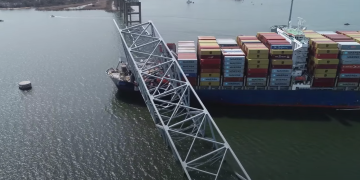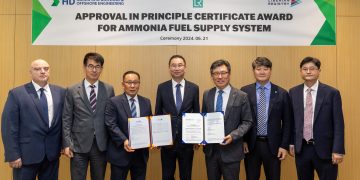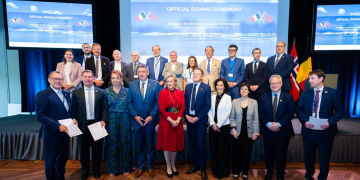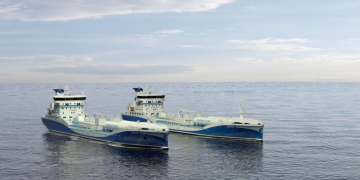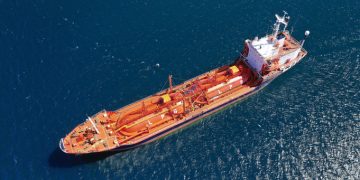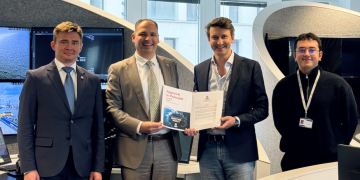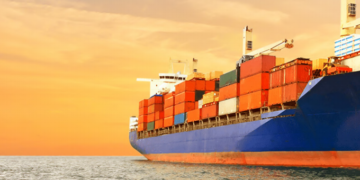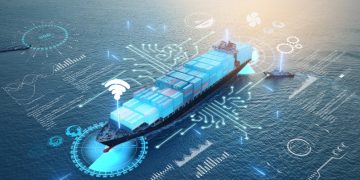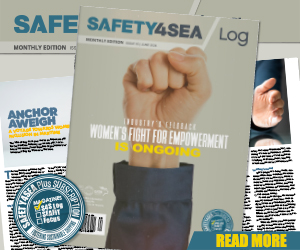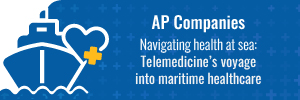The Advanced Autonomous Waterborne Applications Initiative; designs for next generation ships Rolls-Royce is to lead a new 6.6 million project that could pave the way for autonomous ships. The Advanced Autonomous Waterborne Applications Initiative will produce the specification and preliminary designs for the next generation of advanced ship solutions.The project is funded by Tekes (Finnish Funding Agency for Technology and Innovation) and will bring together universities, ship designers, equipment manufacturers, and classification societies to explore the economic, social, legal, regulatory and technological factors which need to be addressed to make autonomous ships a reality.The project will run until the end of 2017 and will pave the way for solutions - designed to validate the project's research. The project will combine the expertise of some of Finland's top academic researchers from Tampere University of Technology; VTT Technical Research Centre of Finland Ltd; Åbo Akademi University; Aalto University; the University of Turku; and leading members of the maritime cluster including Rolls-Royce, NAPA, Deltamarin, DNV GL and Inmarsat.Rauli Hulkkonen, Tekes, Chief Advisor, said: "This project is a fantastic opportunity to establish the Finnish maritime cluster as the world leader in maritime remote control technology.Esa Jokioinen, Rolls-Royce, Head of Blue Ocean Team, said: "Rolls-Royce ...
Read more










